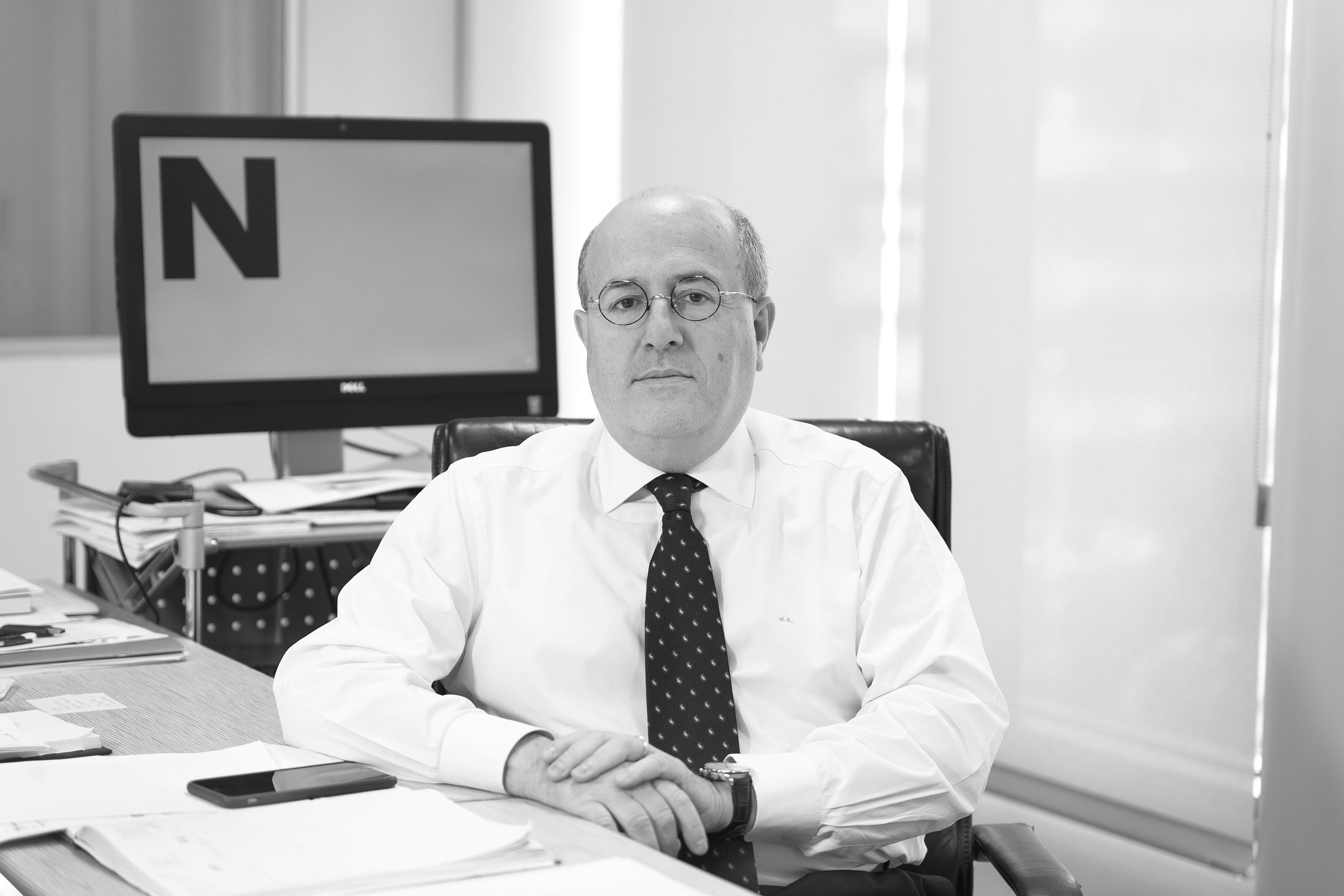The Spanish state now has one of the photos it craved the most even if, for the moment, only in the form of a headline. The speaker of the Catalan Parliament, Carme Forcadell, on the way to Alcalá Meco prison in a police van until she can post the incredibly high 150,000 euro bail. With everything that has happened in recent years in Spanish politics, it's been twenty years since the Supreme Court sent anyone directly to prison.
It's obvious that the news is of great seriousness. And of great political importance. The fact that the judge did not accept the request from the public prosecutor, who had asked for preventive detention without bail not only for Forcadell but also for deputy speakers Lluís Guinó and Anna Simó and former deputy speaker Lluís Corominas, doesn't reduce the importance of what has just happened in the high court.
The judge of the second chamber of the Supreme Court, Pablo Llarena, has also imposed on the rest of the members of the Parliament's Board - two deputy speakers, the already mentioned Guinó and Simó, a secretary, Ramona Barrufet, and a former deputy speaker, Corominas - a period of a week to pay bail of 25,000 euros each. Otherwise, they will go to prison. Except secretary Joan Josep Nuet, who remains free without bail, but still facing charges.
The Spanish state now has all the catches it wanted to bag: Puigdemont, Junqueras, Forcadell, Sánchez and Cuixart. Only Puigdemont remains free in Brussels, after the Belgian justice system has, for the moment, refused the extradition requested by Spain's National Audience court. From there, he has mended, together with four other ministers, a government in exile which allows him to send messages to Catalonia and internationalise the persecution of the legitimate Catalan authorities, closed by the Spanish government. Junqueras, like seven other ministers, has just been denied release, as have the Jordis. Nor has, in any of the ten cases, bail been granted for them to leave custody.
It's most probable that, despite the high bail set, the Parliament's speaker will manage to put it together in the coming hours and will leave Alcalá Meco. Hopefully she will. But none of that reduces the importance and seriousness of the events of this Thursday in the Supreme Court. A debate in the Parliament, however uncomfortable it might be for the government in Madrid, for PSOE and for Ciudadanos, should never have had this outcome. Never. The case of the Parliament's speaker opens a dangerous new path to what could be, in the future, other, new Catalan political prisoners. The path of last resort started on by the Spanish state is worrying. And its distancing from western democracies too.

